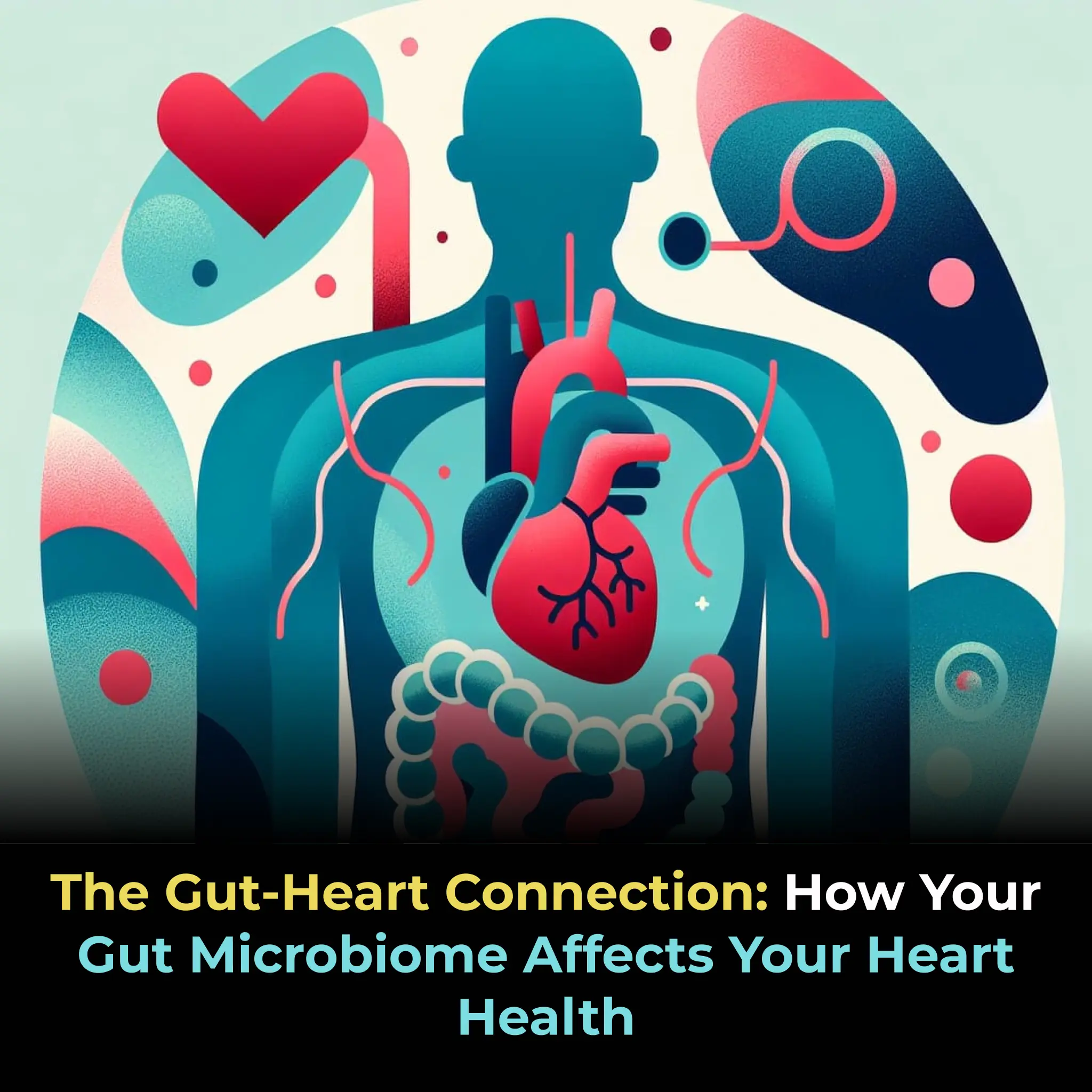
10 Types of Toxic Friends to Avoid
Friends: The Chosen Family That Shapes Our Lives
True friends are more than just companions—they’re the family we choose. They offer comfort, support, and encouragement, often helping us grow into the best versions of ourselves. A strong friendship can make even the darkest days brighter and turn small victories into celebrations.
The Importance of Healthy Friendships
Friendship isn’t just about sharing laughs; it’s a pillar of emotional and even physical health. According to a 2004 Gallup poll, 98% of Americans report having at least one close friend. This isn’t just a pleasant statistic—it’s a survival advantage.
A large-scale study spanning 7.5 years and involving over 300,000 participants found that strong social connections can increase longevity and reduce stress. Psychologist Julian Holt-Lunstad from Brigham Young University explains:
“As we encounter potentially stressful events in our lives, if we know that we’ve got people we can count on or that we can turn to, we may be less likely to even perceive it as stressful, because we know we can handle it.”
Healthy friendships act as a buffer, helping us face life’s challenges with resilience. They’re like an emotional safety net—always there to catch us when we stumble.
The Dark Side: Toxic Friendships
Unfortunately, not all friendships are nurturing. Some are toxic, draining your emotional energy and harming your well-being. As clinical psychologist Dr. Andrea Bonoir warns:
“Toxic friendships emotionally harm you rather than helping you… they cause stress, sadness, or anxiety and don’t help you to be who you want to be.”
Being around toxic friends can even make you dislike who you become in their company. You might find yourself compromising your values just to avoid conflict or to gain their approval—only to feel unhappy and disconnected from your true self afterward.
10 Types of Toxic Friends to Avoid
1. The Braggarts
They treat conversations like a stage for their endless self-praise. You end up as their audience, rarely feeling seen or heard yourself.
2. The Constant Complainers
No matter what happens, they find a problem. Over time, their negativity can seep into your own outlook, making you feel drained.
3. The Unsupportive
When you need encouragement most—during a big decision, a personal loss, or a major life event—they’re absent or dismissive.
4. The Unreliable
They make promises they never keep. Relying on them often leads to disappointment, leaving you hesitant to trust again.
5. The Hypocrites
They call you out for behaviors they themselves engage in, expecting you to accept their double standards without question.
6. The Belittlers
They disguise hurtful remarks as “jokes,” but over time, these insults chip away at your self-esteem.
7. The Needy
They demand constant attention, favors, or emotional labor, leaving you mentally and physically exhausted.
8. The Ultra-Negative
They magnify problems and downplay positives, creating a cloud of gloom wherever they go.
9. The Selfish
They expect your unwavering support but vanish when you’re the one in need.
10. The Jealous
They subtly sabotage your other friendships and make you feel guilty for having a life beyond them.
What to Do If You Have Toxic Friends
The reality is that you can’t change someone who doesn’t want to change. Toxic individuals might temporarily act better, but often revert to old patterns. The most effective strategies are:
-
Set firm boundaries to protect your time and energy.
-
Take a break to evaluate the friendship from a distance.
-
Seek out people who uplift you and bring positivity into your life.
Karl Marx once said:
“There comes a time in your life when you have to let go of all the pointless drama and the people who create it and surround yourself with people who make you laugh so hard that you forget the bad and focus solely on the good. After all, life is too short to be anything but happy.”
In the end, surrounding yourself with the right people can be one of the most important choices you make—not just for your happiness, but for your health and future.
News in the same category


12 Health Hacks Doctors Rarely Share: Secrets for Optimal Health and Well-being

A Parade Moment That Became Global Joy

Nick Vujicic: Living Proof That the Human Spirit Knows No Limits
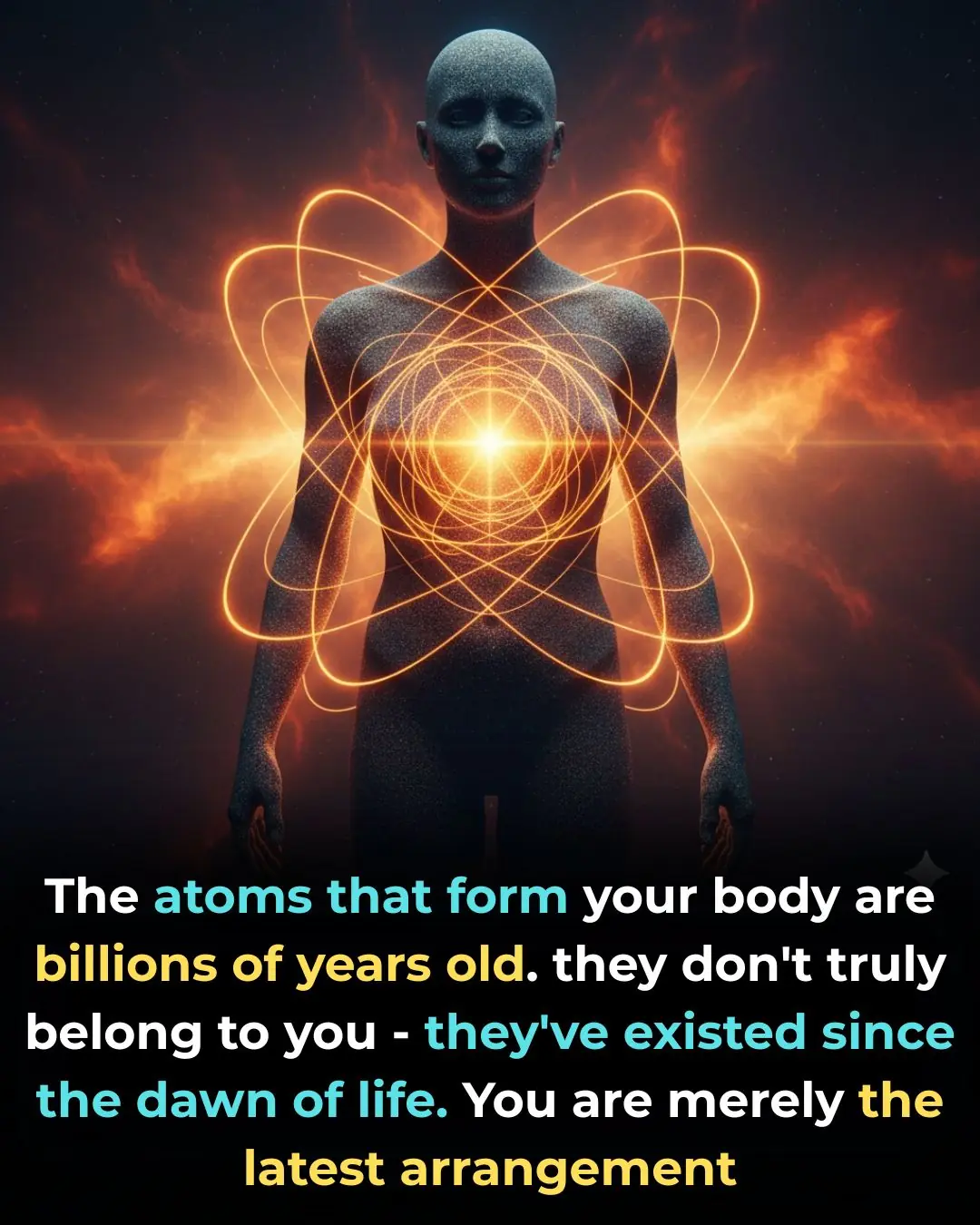
You’re Made of Stardust – Literally! 🌌🚀

Sea Levels Are Rising Faster Than At Any Time In 4,000 Years 🌍

Your Dog Might Actually Love You More Than Food

Deep Freeze Set to Slam the Eastern U.S. This December

Nike Co-Founder Phil Knight Makes Historic $2 Billion Donation to Cancer Research

Dutch Engineers Tackle the Pacific’s Plastic Crisis with 600-Meter Ocean Vacuum

How to Take a Loop of the Entire U.S. by Train

The Quiet Rise of Everyday Health-Tracking Technology
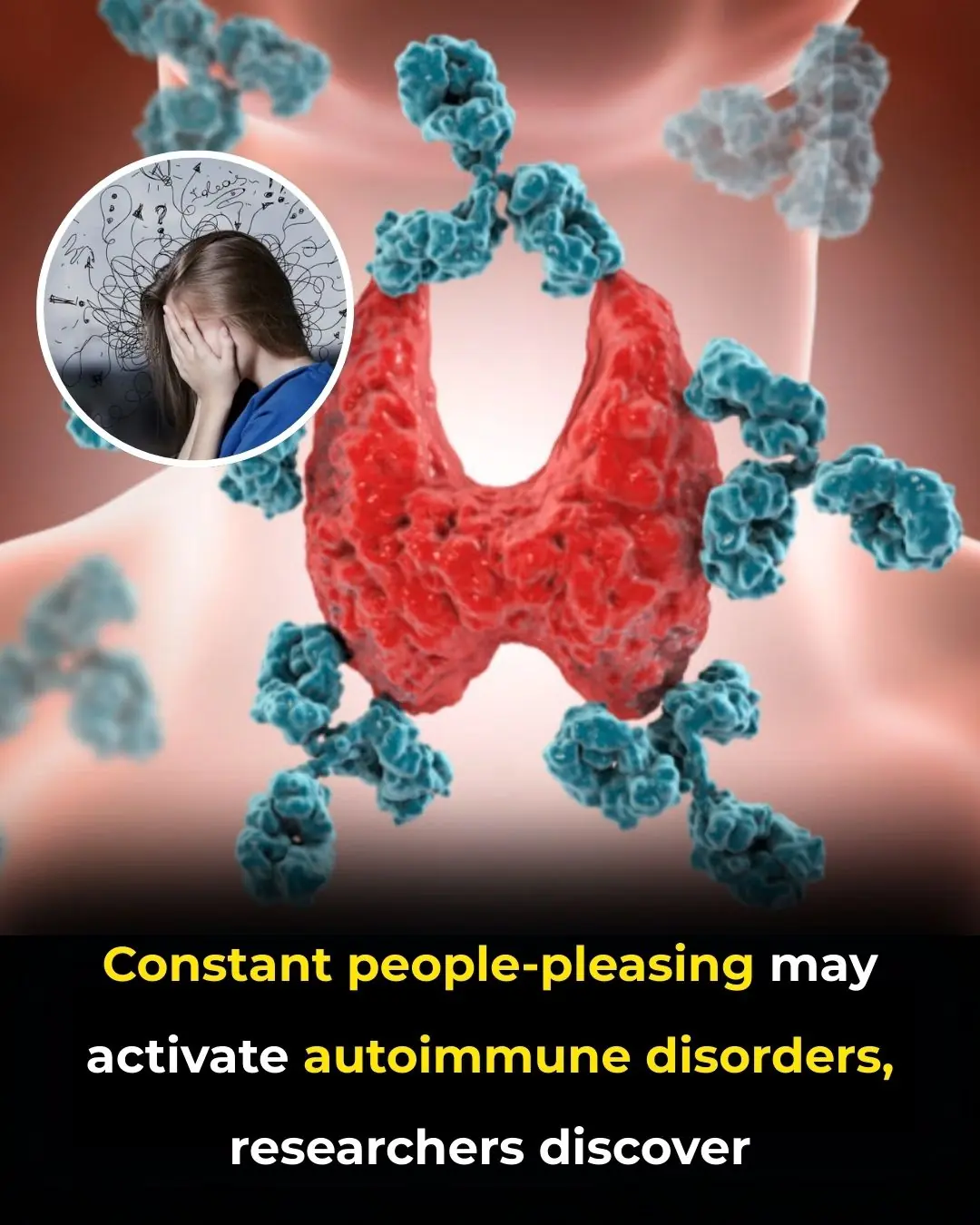
The Hidden Toll of People-Pleasing: How Emotional Suppression Can Trigger Autoimmune Disorders

The Pudu: The World’s Tiniest Deer and Its Role in South America's Forest Ecosystems

Deep Water Cycle: Scientists Discover Hidden Ocean Beneath Earth's Surface

Mexico City’s Sweeping Bullfighting Ban Marks Major Shift in Cultural and Animal-Welfare Policy

Los Angeles County Erases $180 Million in Medical Debt for 39,000 Residents

The 2025 Atlantic Hurricane Season Intensifies: A Heightened Risk for Major Storms

Europe Faces Unprecedented Heatwave: Rising Temperatures Strain People, Infrastructure, and Agriculture

Revolutionary Light-Based Cancer Treatment Offers New Hope with High Success Rate
News Post

CCF Tea to Burn Belly Fat
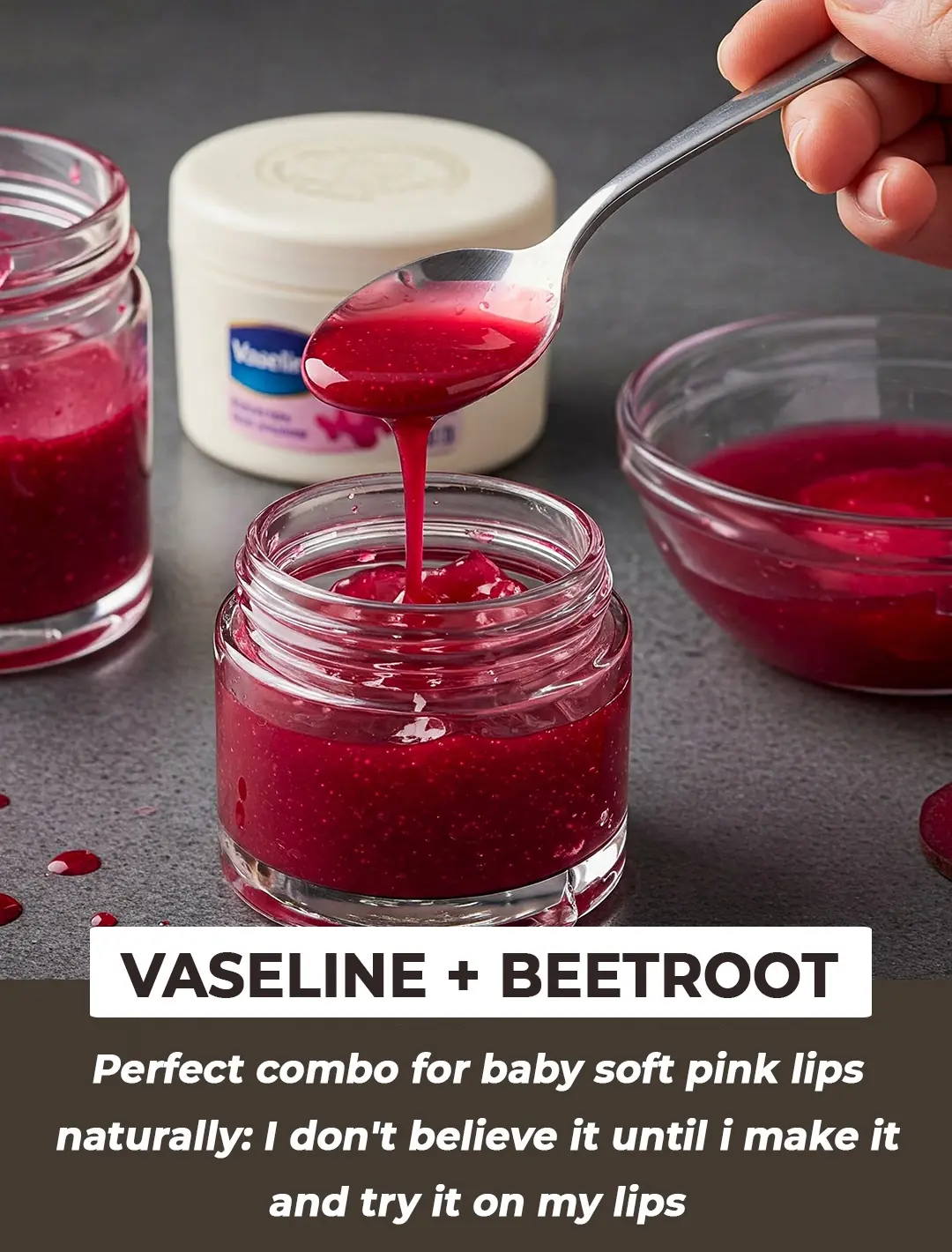
DIY Lip Balm with Vaseline and Beetroot: A Natural, Moisturizing Solution for Soft, Pink Lips

Coffee Gel For Eye Wrinkles
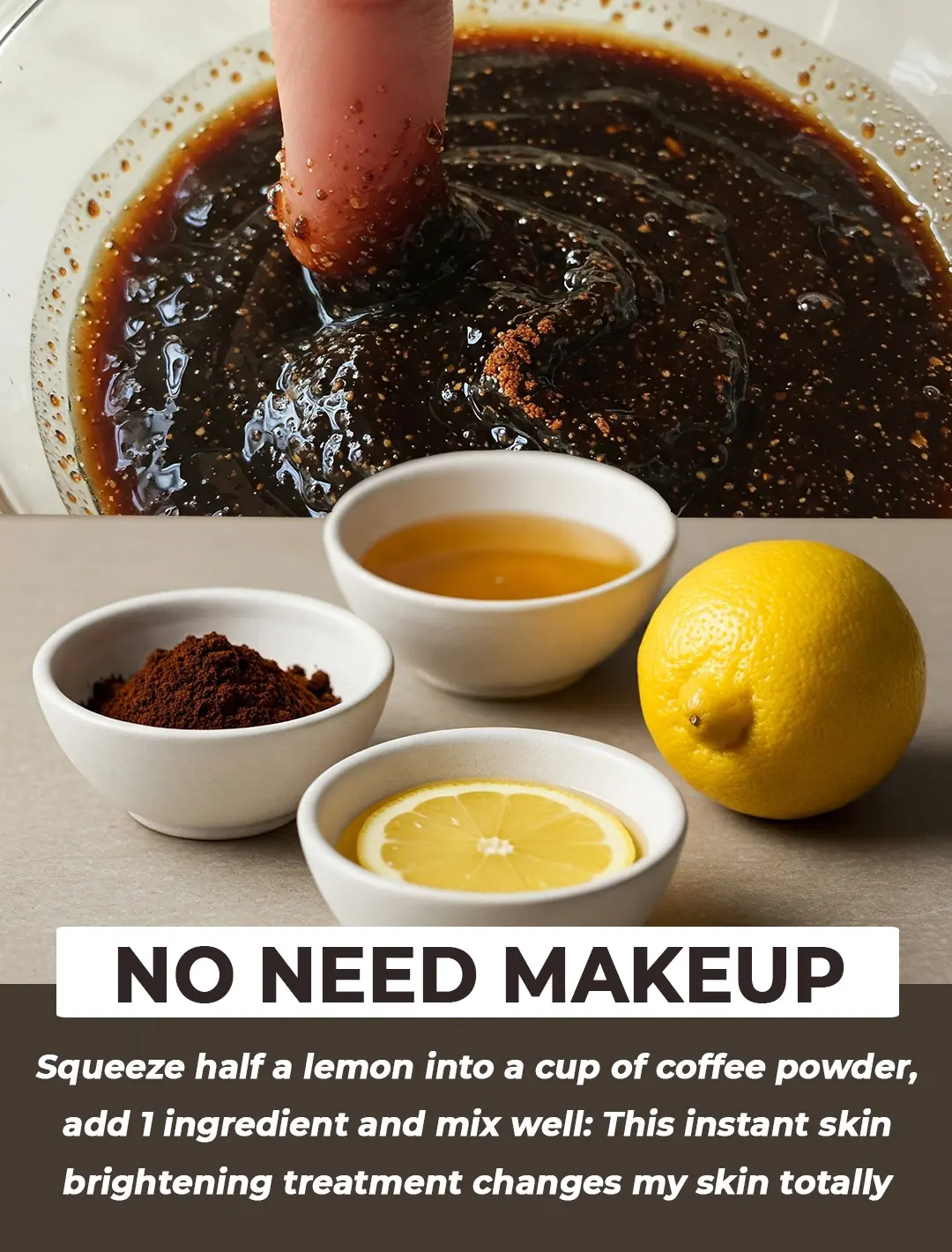
Coffee For Instant Skin Brightening
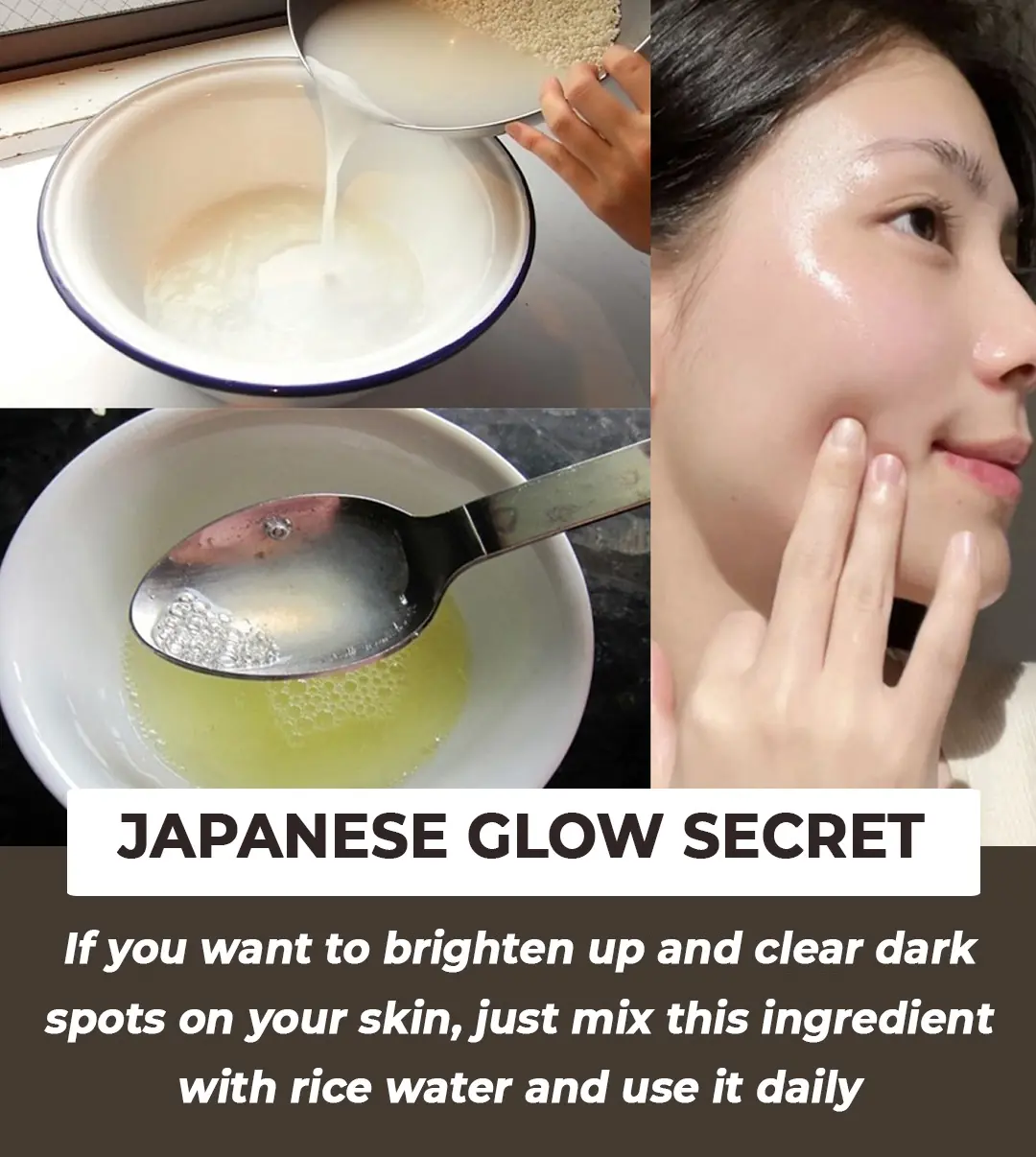
Japanese 4 Steps Glow Secret

30 minutes treatment for dark lips

How to Make a DIY Aloe Vera Night Cream for Glowing Skin

Rice Water Toner To Get Skin That Shines Like Diamond

Salon like Keratin Treatment at Home
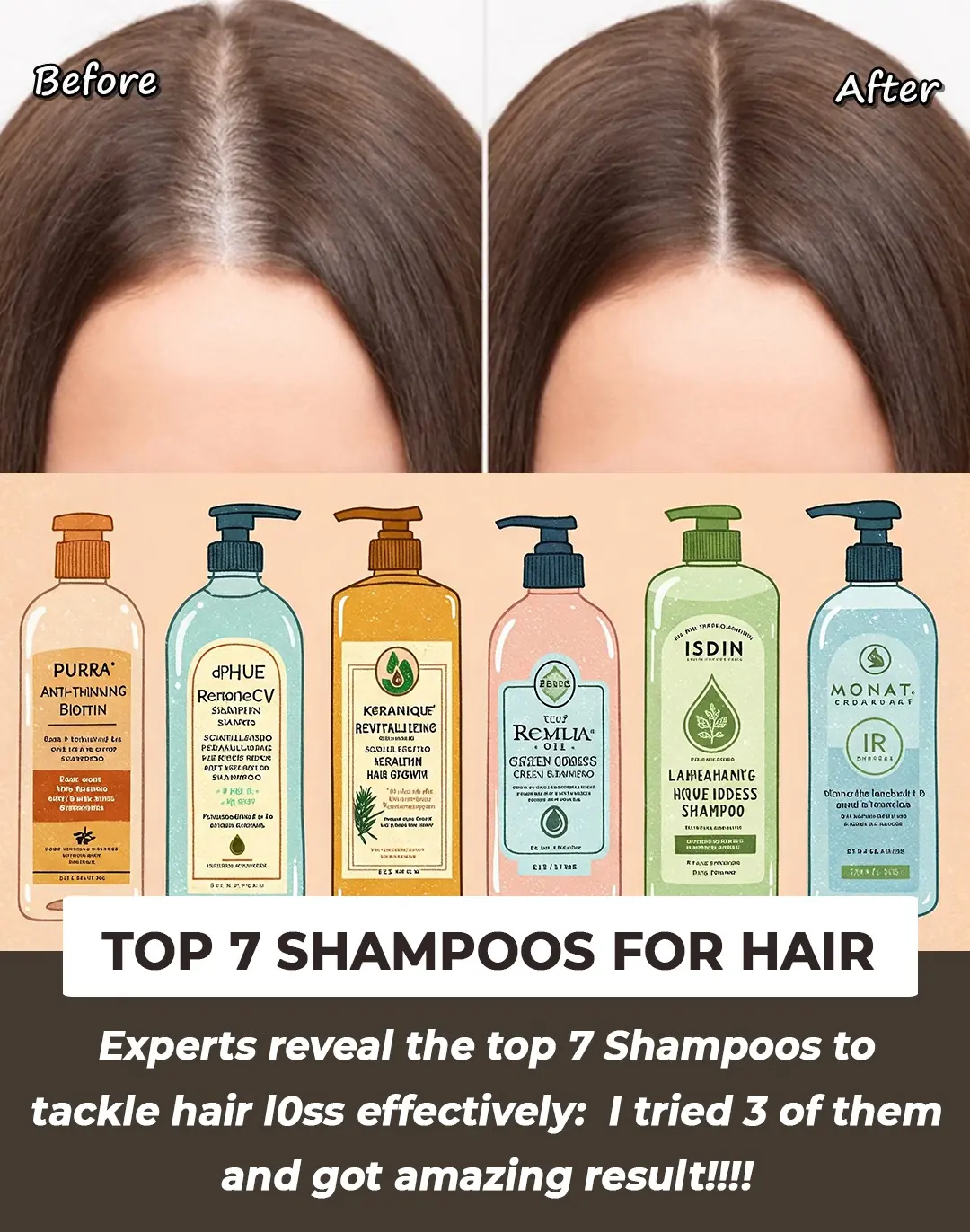
Experts reveal the top 7 Shampoos to tackle hair loss effectively

10 Surprising Beauty Hacks You Never Thought You Could Do With Baby Powder

DIY Night Serum For Radiant Skin
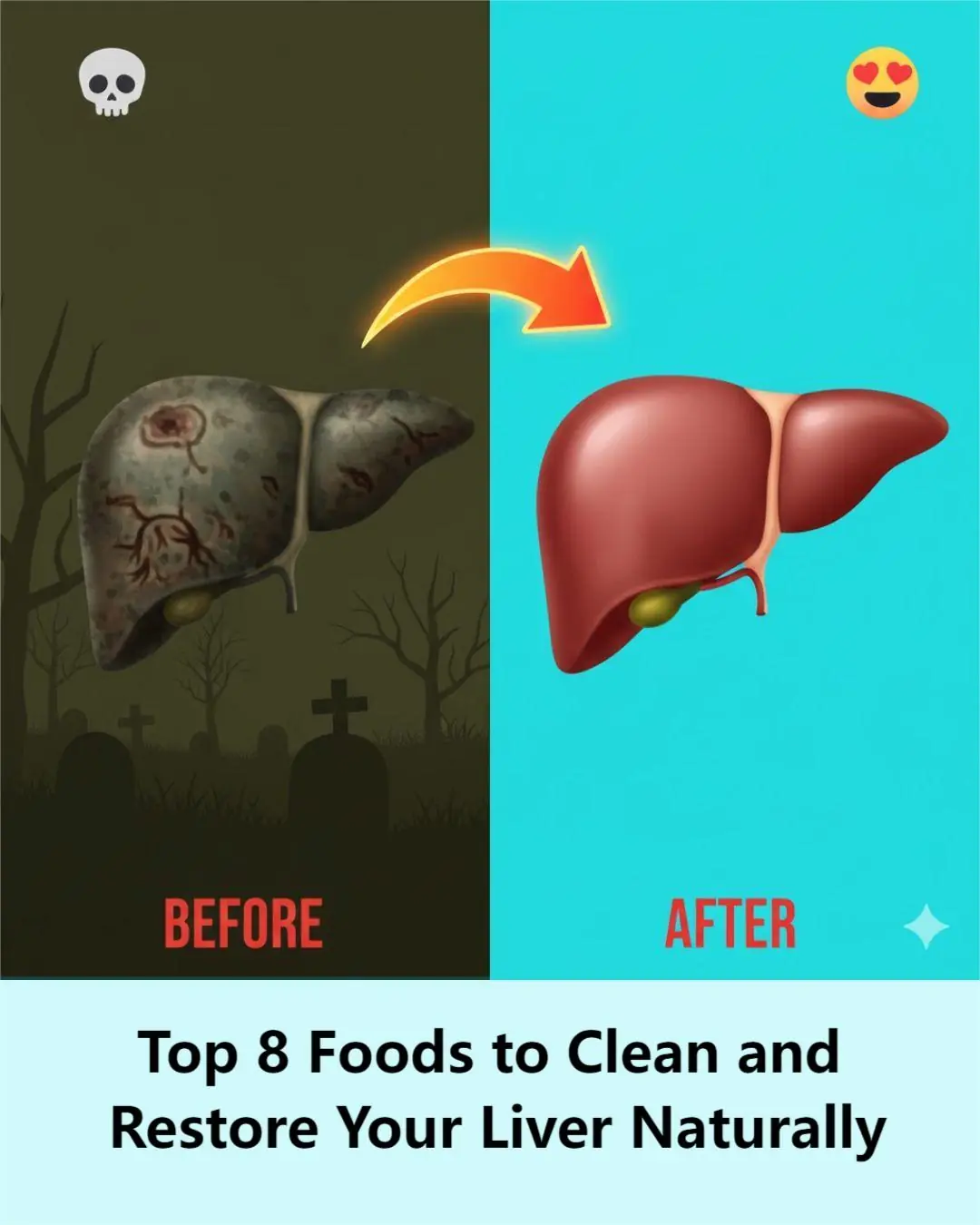
Top 8 Foods to Clean and Restore Your Liver Naturally
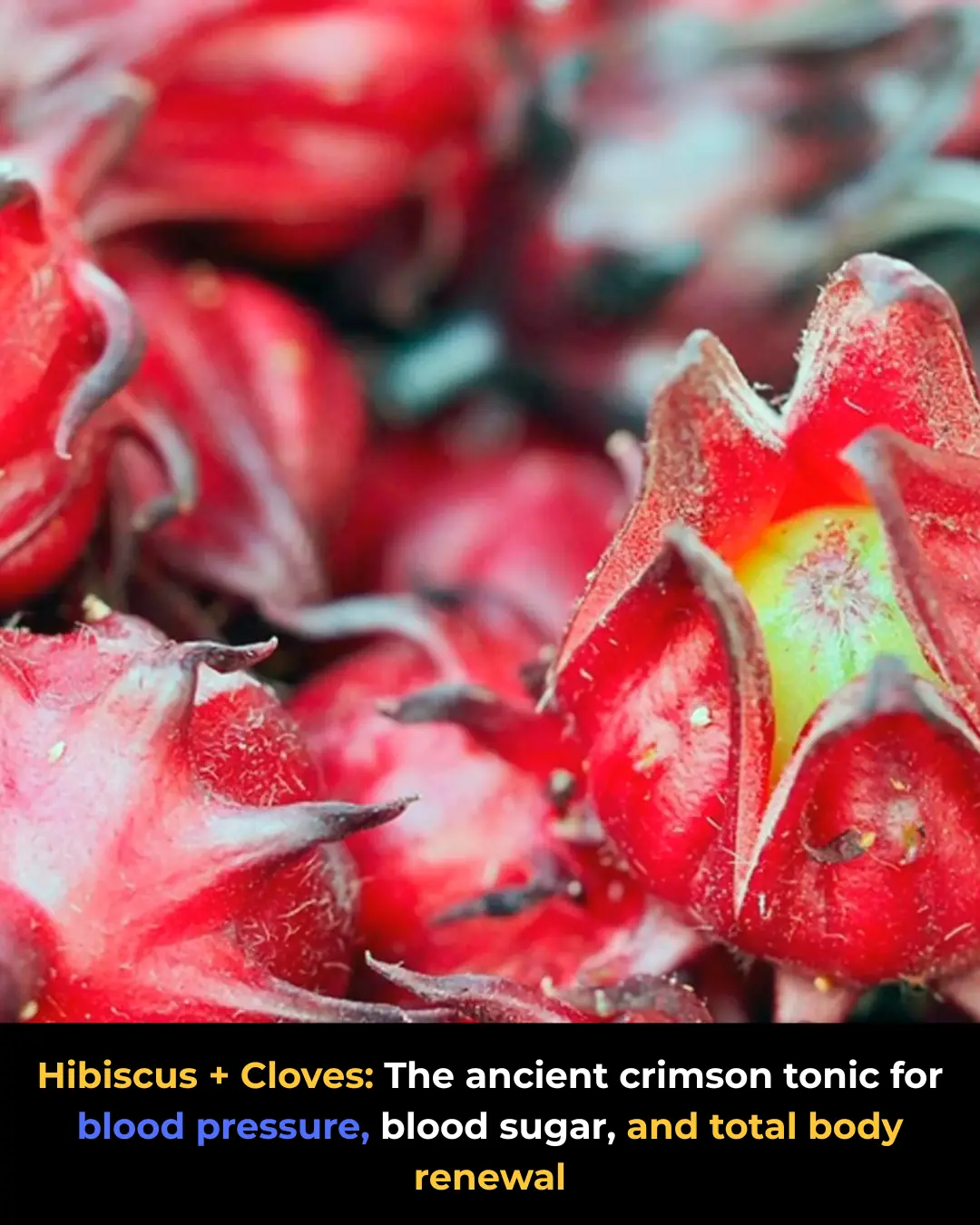
The Ancient Secret Seed That Revolutionized Wellness: Unlocking the Power of Hibiscus and Cloves

Garlic Remedy for Removing Moles and Skin Tags Naturally: What Works and What to Know

Fibromyalgia: The Hidden Energy Crisis Behind Your Pain, Fatigue, and Sleepless Nights

The Hidden Oil That Sparks Her Desire and Rekindles Your Marriage
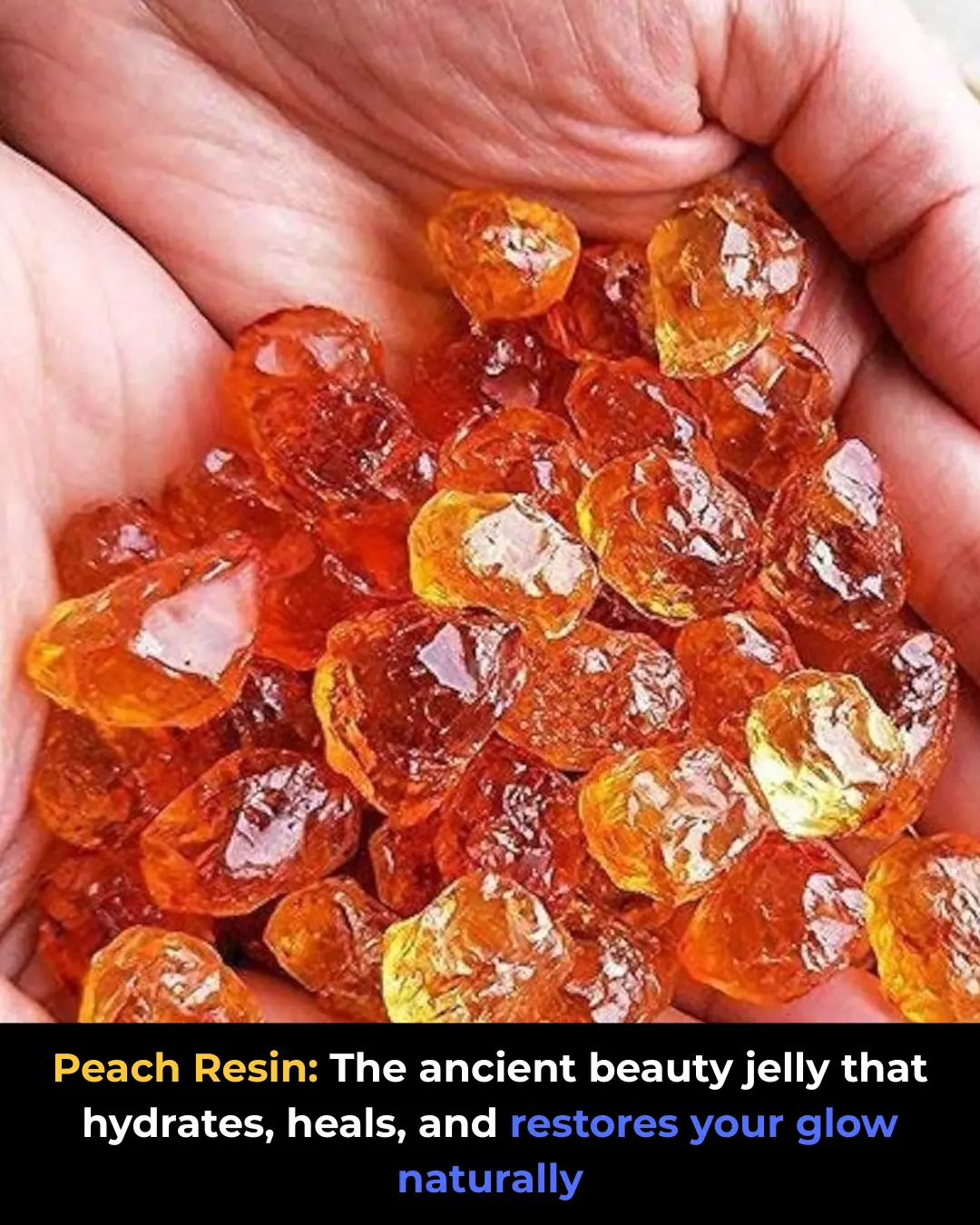
Unlock the Ancient Secret of Peach Tree Resin: 15 Life-Changing Benefits You’ll Wish You Knew Sooner

Aloe Vera & Cinnamon: The Traditional Duo That Naturally Supports Your Health, Vitality, and Vision
